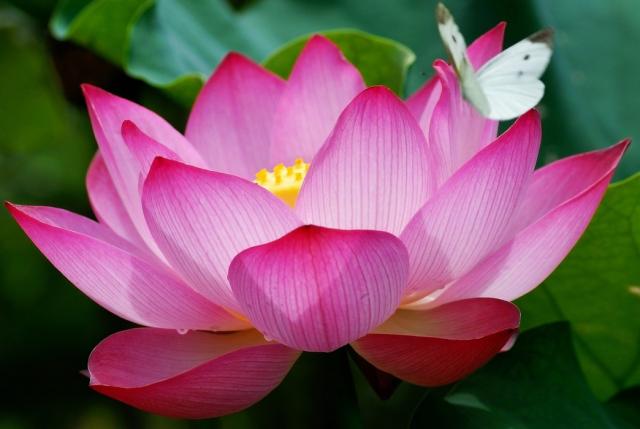After a while it kind of became my thing, I eat fast, I'm a fast eater. Yep, it was one of the stories I told about myself. There was no savoring that went on, just scarfing. I also ate a lot and ate anything, so I became the girl that ate a lot of anything fast. I love food, but didn't take the time to really pay attention to it or savor it.
Confession #2, I cook fast, and until recently I considered cooking to be a chore. Cooking was a means to an end. I wanted to give myself and my family good home cooked meals, but I really didn't enjoy the process. It takes time to shop, prepare and clean up the mess and I viewed it at a chore. I didn't appreciate the act of cooking and although I appreciated eating good food, I didn't take the time to fully appreciate what I was eating.
Confession #3, I feel bad if I'm not eating food that I know to be healthy. I look at it as poison and I tell myself that I am eating poison while I am eating it. I tell myself that I am weak for not being more disciplined in my eating and in what I am feeding my family, that I am a failure.
A few years ago I started to realize the importance of not taking for granted the act of creating my food and the act of eating my food. I learned that our food is impacted by our intentions. This changed how I viewed my food, the process of preparing it and the act of eating it.
When we eat, we are taking nature, the world into our bodies and we are changed by what we eat, and we in turn, change what we are eating. Food creates a series of relationships, it links us to other individuals, to nature, to animals. It's where we engage with these other creatures and with one another. Most of us, myself included, do it thoughtlessly right now.
If you haven't read my post about my rice experiment, I would recommend taking a minute to read it. It demonstrates the power of our intentions. Now when I prepare food, I intentionally infuse it with love and gratitude while I am working with it. I look at cooking now as an expression of love and an act of giving. I understand now that cooking is a profoundly sacred act and that by blessing it, by infusing it with love and gratitude that I can positively impact my food. Even if the food is not the healthiest choice, it can be positively impacted by my intentions. The cellular structure of the food can be changed, either positively or negatively by how I think of the food.
There is also power in eating. Michael Pollan has written several books about conscious eating. He states that eating is power, that every time we eat we have an opportunity to vote, to express our values. Do I choose pesticides or not? Do I choose local or not? Do I eat animals or not? He suggests that we be conscious about the choices we make and what we eat, because our choices are powerful, it expresses our vote.
Michael Pollan's books talk about how many of our current problems are do to the collapse of home cooking. He states that on average we spend 27 minutes per day prepping food and 4 minutes per day cleaning up. Now anyone who has ever prepared even a simple meal knows that it takes a lot longer than that to prep and clean up, suggesting that most of the food is highly processed and purchased already prepared. He also notes that 46% of meals in America are eaten alone.
Corporations are cooking our food and the industry doesn't cook very well. They are not interested in our satisfaction with the food or our health and well being, they are interested in our cravings for fat, sugar and salt. They engineer the food so that we crave it.
Michael Pollan offers up the following advice on food that I love :)
-Eat only foods that have been cooked by humans.
-Don't eat anything that your great-grandmother wouldn't recognize as food.
-Eat only foods that will eventually rot.
-Don't get your fuel from the same place your car does.
If you are cooking food you will be more healthy just due to the nature of cooking it yourself. When you cook and handle food you automatically become more conscious, more aware. I am working to be more mindful about honoring the food that I am making and eating. I take a moment to think about where the food is coming from and to be grateful for it and for the effort of those that produced it for me.
Michael Pollan talks about how we've had a great forgetting in our culture. He suggests that we need to remember the value, the importance and the power of our relationship with food. What is your relationship with food, with eating, with cooking? Do you intentionally infuse your food with love and blessings? Do you savor your food? Do you intentionally vote with your food choices? I would love to hear your thoughts and ideas in the comments or in an email!
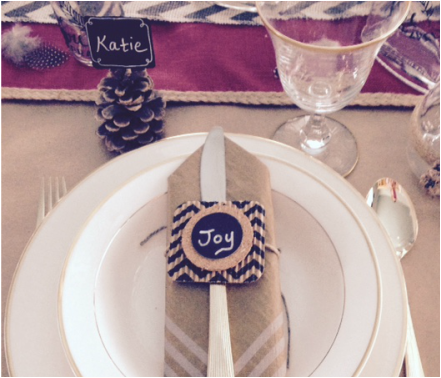
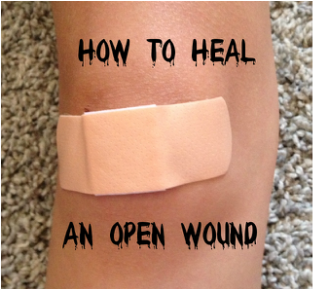
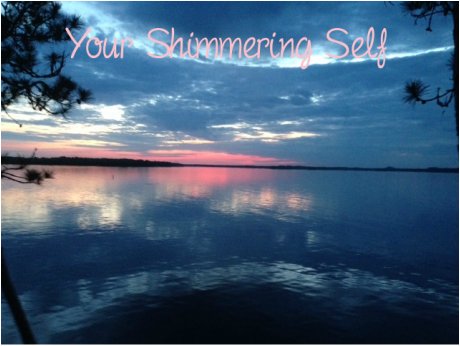
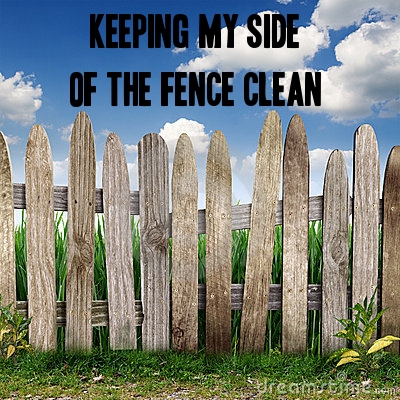
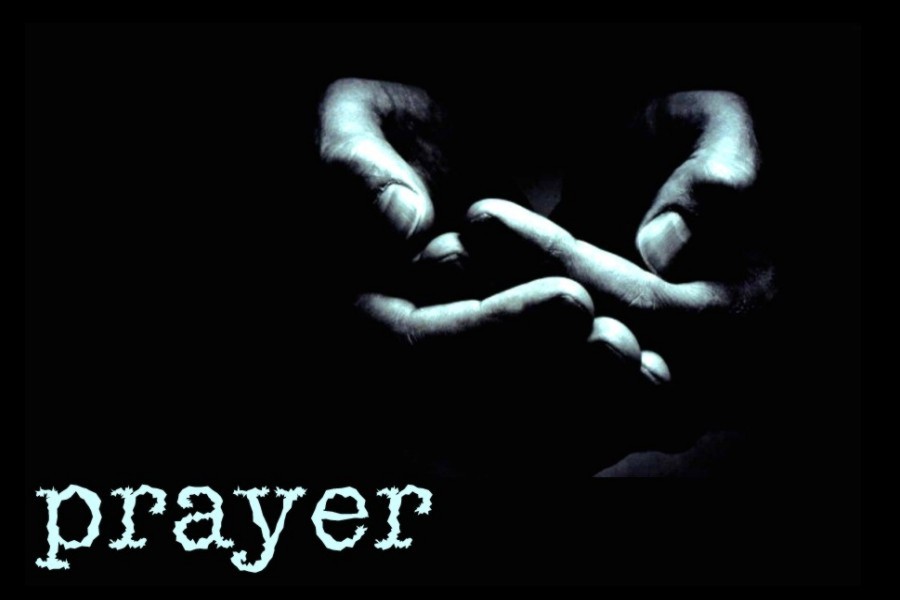
 RSS Feed
RSS Feed
